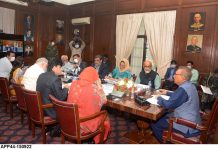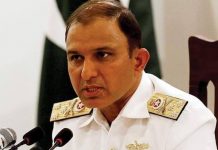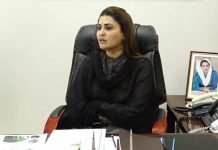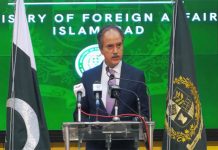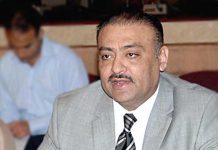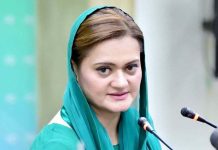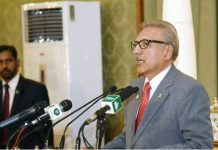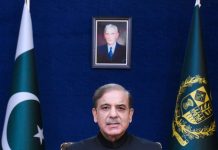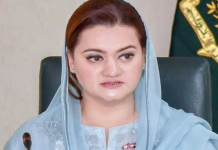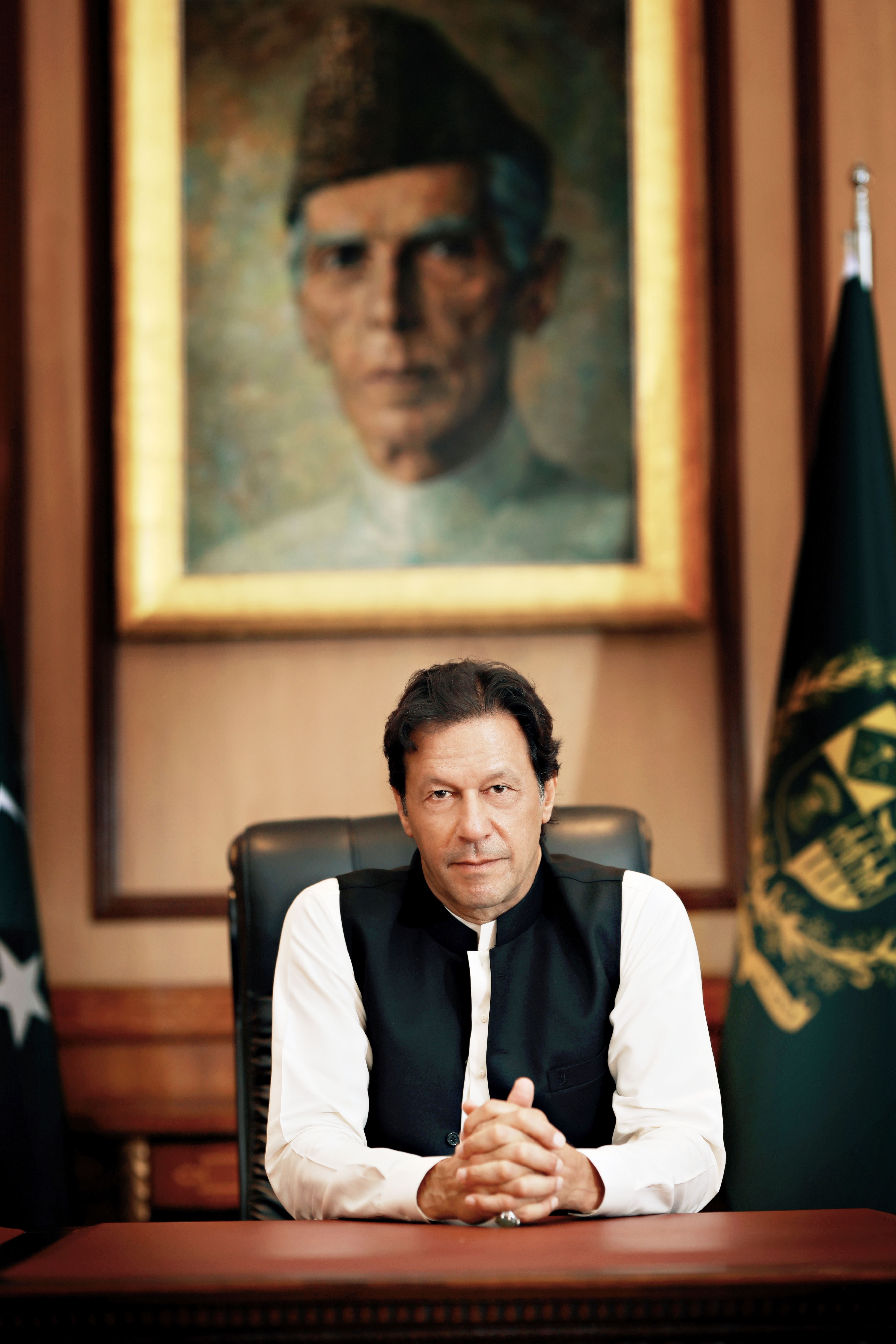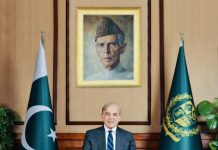
President Charles Michel conveyed condolences over the loss of precious lives in the terrorist attack on a mosque in Peshawar on March 4. Discussing the latest situation in Ukraine, the prime minister expressed deep concern over the continued military conflict and underscored that further escalation would have hugely negative impact on the region and the world.
Imran Khan added that he had been persistently highlighting the adverse economic impact of the conflict on the developing countries. Emphasizing on Pakistan’s principled position that it would only be a partner for peace, the prime minister stressed the urgent need for ceasefire and de-escalation. He also emphasized the importance of humanitarian relief for the civilians in Ukraine.
The prime minister underlined that Pakistan had friendly ties with Russia and Ukraine, and had remained in close contact with both sides. He expressed the hope that the dispute would be resolved through dialogue and diplomacy.
The two leaders agreed that the countries like Pakistan could play a facilitating role in those endeavours and that both sides would remain closely engaged to promote shared objectives.
Underscoring the importance Pakistan attaches to its relations with the EU, the prime minister conveyed that he was looking forward to his visit to Brussels to meet the EU leadership.
He also extended an invitation to President Charles Michel to visit Pakistan. Earlier, the prime minister in a tweet said he shared concern with Charles Michel over the continued military conflict in Ukraine and highlighted its adverse economic impact on developing countries.
The prime minister said he also emphasized the importance of humanitarian relief and reiterated the call for a solution through dialogue and diplomacy. “We agreed that countries like Pakistan could play a facilitating role in this endeavour. I look forward to close engagement to promote shared objectives,” he remarked. Prime Minister Imran Khan Monday said the government had zero tolerance for terrorists and swift prosecution was required to set an example out of them. The prime minister was chairing a meeting of the Apex Committee on National Action Plan (NAP) here.
The Apex Committee strongly condemned the Peshawar attack and offered condolences for the martyrs, who lost their lives in the attack. The prime minister emphasized that a multi-pronged approach, full spectrum and vigorous implementation of NAP was required to thwart the threat of terrorism. He stressed upon taking proactive measures to tackle such incidents in future.
Imran Khan stated that nefarious designs to destabilize the country would never succeed as the entire nation was united to defeat the menace of terrorism. The public realized that some elements were trying to create disharmony on the basis of sectarianism and hate speech, but the state would never allow their designs to succeed.
The Apex Committee stressed upon the need to strengthen the role of National Counter Terrorism Authority (NACTA) to coordinate measures essential for countering terrorism and capacity building of counter terrorism departments. It was also highlighted that the provinces needed to allocate more resources for conducting effective investigations by adopting scientific techniques and setting up modern forensic labs. The need to accord conclusive end to terrorism cases in courts of law was also emphasized.
The Secretary Interior presented a detailed briefing on the implementation status of NAP, including the measures taken to choke terror financing, countering violent extremism, investigation and prosecution of terrorism cases, intolerance towards militancy, capacity building of law enforcement agencies, regulation and registration of seminaries, merger of formerly FATA (Federally Administered Tribal Areas), reforms in criminal justice system, eliminating sectarian terrorism, curbing smuggling, narco-traffic and human trafficking, reconciliation process in Balochistan and issues related to the refugees. The meeting was briefed that satisfactory implementation had been achieved on majority action points, however, support from the provincial governments was required for inter-provincial issues.
It was attended by federal ministers Fawad Ahmed, Sheikh Rashid Ahmed and Asad Umer, National Security Advisor Dr Moeed Yousaf, Army Chief General Qamar Javed Bajwa, chief ministers Sardar Usman Buzdar (Punjab), Murad Ali Shah (Sindh), Mehmood Khan (Khyber Pakhtunkhwa, Abdul Quddus Bazenjo (Balochistan) and Khalid Khursheed (Gilgit Baltistan), chief secretaries, inspectors general of Police, and senior civil and military officers.


